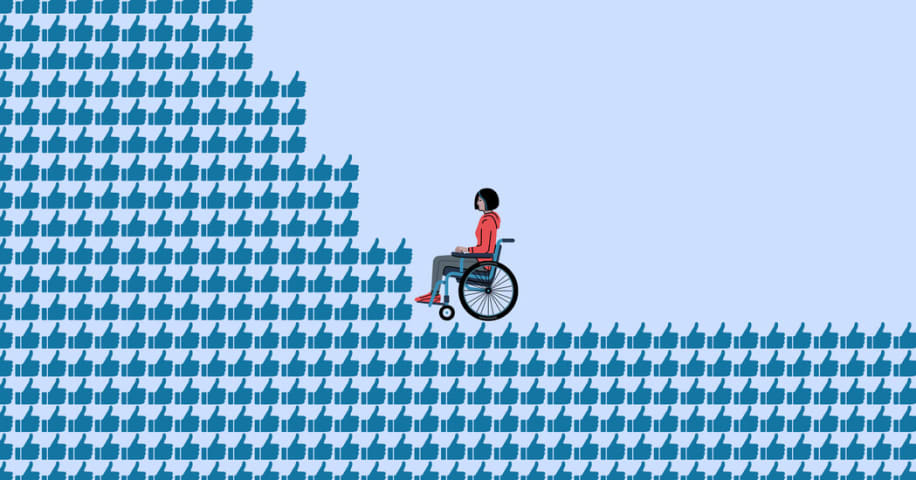概要: Facebookプラットフォームの自動広告モデレーションシステムは、アダプティブファッション製品を医療およびヘルスケア製品およびサービスとして誤って分類し、その結果、小売業者は頻繁に禁止措置や異議申し立てに直面した。
推定: Facebook と Instagramが開発し提供したAIシステムで、Facebook users of disabilities と adaptive fashion retailersに影響を与えた
CSETv1 分類法のクラス
分類法の詳細Incident Number
The number of the incident in the AI Incident Database.
142
Risk Subdomain
A further 23 subdomains create an accessible and understandable classification of hazards and harms associated with AI
1.1. Unfair discrimination and misrepresentation
Risk Domain
The Domain Taxonomy of AI Risks classifies risks into seven AI risk domains: (1) Discrimination & toxicity, (2) Privacy & security, (3) Misinformation, (4) Malicious actors & misuse, (5) Human-computer interaction, (6) Socioeconomic & environmental harms, and (7) AI system safety, failures & limitations.
- Discrimination and Toxicity
Entity
Which, if any, entity is presented as the main cause of the risk
AI
Timing
The stage in the AI lifecycle at which the risk is presented as occurring
Post-deployment
Intent
Whether the risk is presented as occurring as an expected or unexpected outcome from pursuing a goal
Unintentional
インシデントレポート
レポートタイムライン
Loading...

Earlier this year Mighty Well, an adaptive clothing company that makes fashionable gear for people with disabilities, did something many newish brands do: It tried to place an ad for one of its most popular products on Facebook.
The product…
バリアント
「バリアント」は既存のAIインシデントと同じ原因要素を共有し、同様な被害を引き起こし、同じ知的システムを含んだインシデントです。バリアントは完全に独立したインシデントとしてインデックスするのではなく、データベースに最初に投稿された同様なインシデントの元にインシデントのバリエーションとして一覧します。インシデントデータベースの他の投稿タイプとは違い、バリアントではインシデントデータベース以外の根拠のレポートは要求されません。詳細についてはこの研究論文を参照してください
似たようなものを見つけましたか?



